

Business
The DeepSeek Generator from Pippit AI: Effective Holiday Video Marketing Content
Brands need to create timely and attention-grabbing cam [ ]
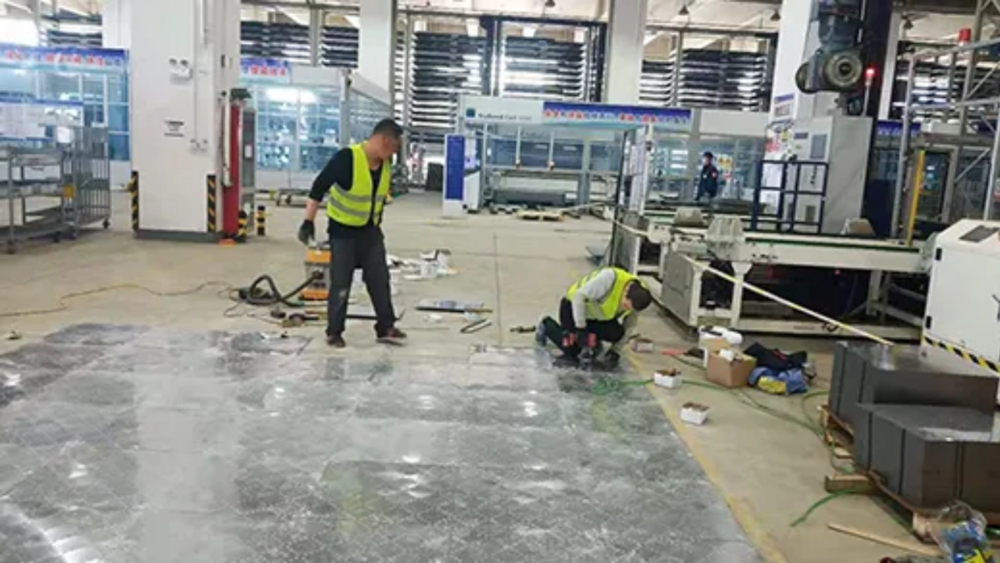
Business
How to Choose the Right Steel Flooring for Your Industrial Needs
Choosing the appropriate steel flooring for a typical i [ ]

Business
Different Types of Purchasing Christmas Gift Boxes Options at Rean Packaging
As the holiday season approaches, finding the perfect g [ ]
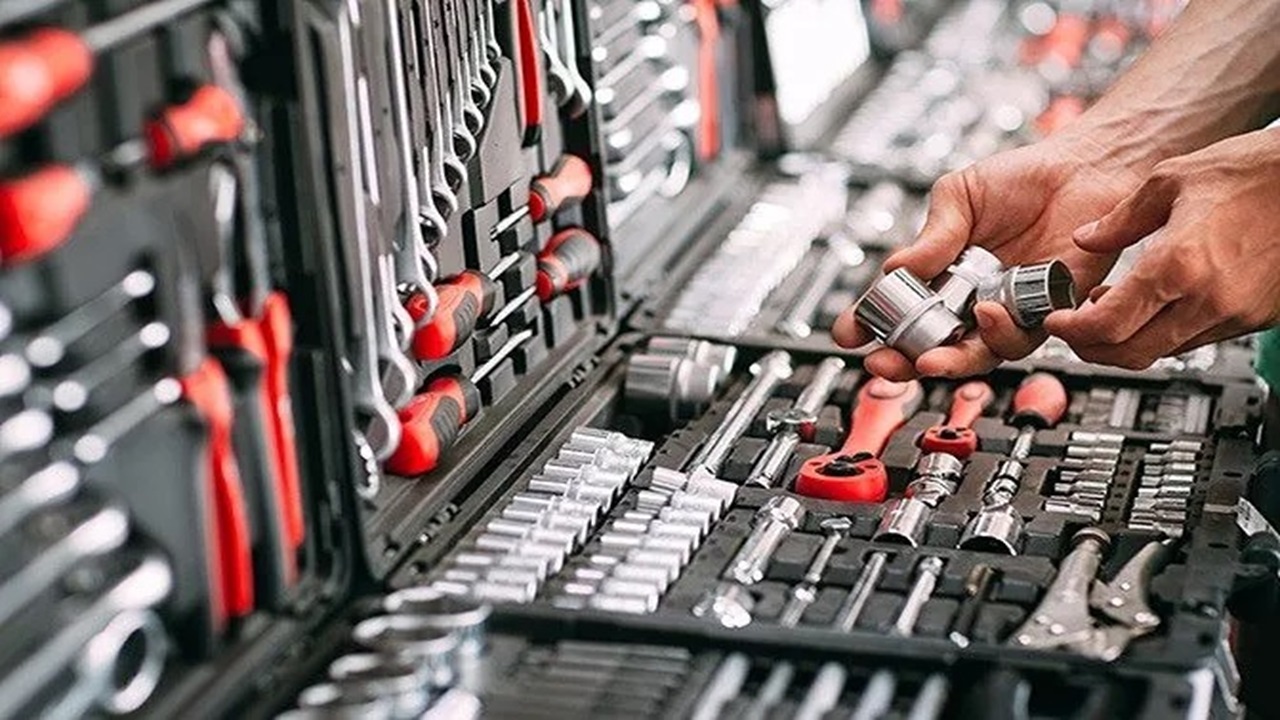
Business
Why SINOTOOLS Combination Tool Sets are Perfect for Professionals
As it has been observed in professional trades and tech [ ]
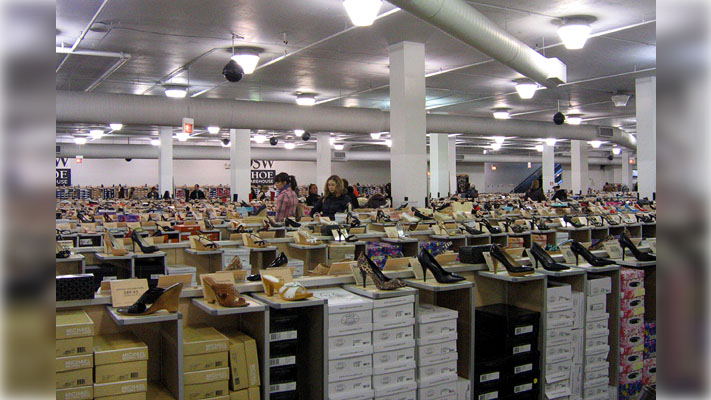
Business
How to Step Up Business Game with wholesale Shoes
Making links with wholesale suppliers is the first step [ ]
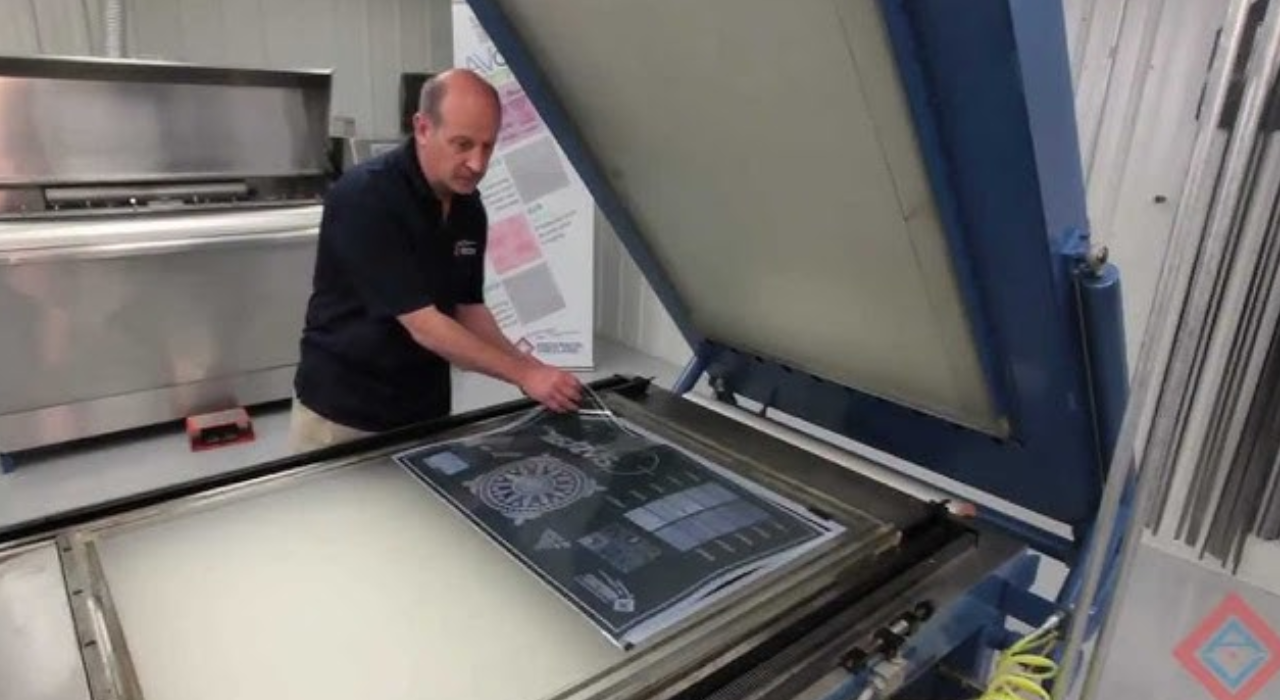
Business
What is the role of the fountain roller in a flexo printing station?
Flexographic printing, commonly known as flexo printing [ ]

Business
How Do Black Stainless Steel Screws Perform in Outdoor Situations?
Outdoor situations present imposing impediments for sec [ ]

Technology
What Are The Key Components Of Battery Energy Storage System?
A battery energy storage system (BESS) is an important [ ]
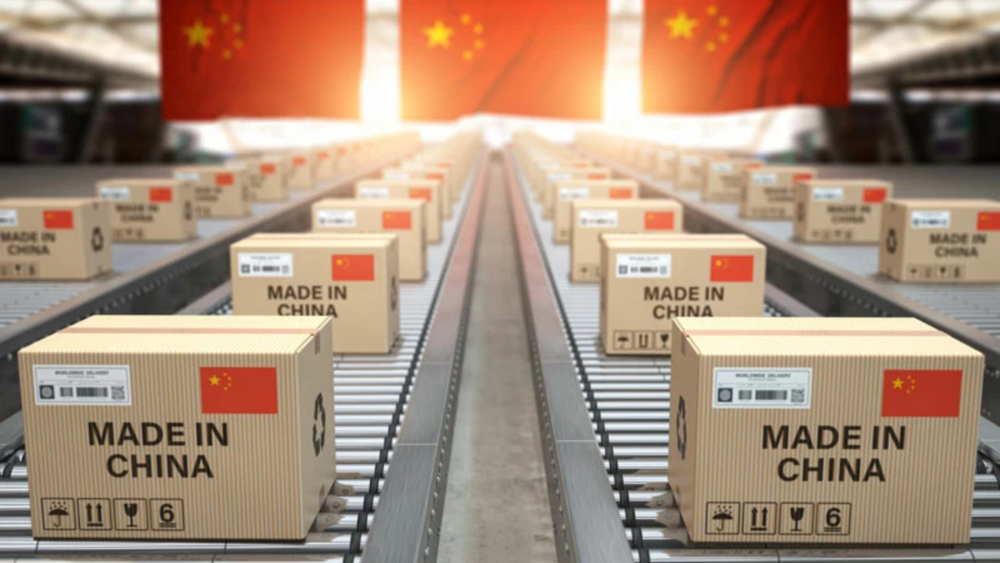
Business
Top Qualifications of a China Sourcing Agent
A qualified China sourcing agent plays a pivotal role i [ ]

General
The Dos and Don’ts of Glitter Mascara Application
Glitter mascara is a fun and exciting way to add some s [ ]

Lifestyle
Keep Your Food Elevator in Tip-Top Shape
Food elevators are essential to any commercial kitchen, [ ]
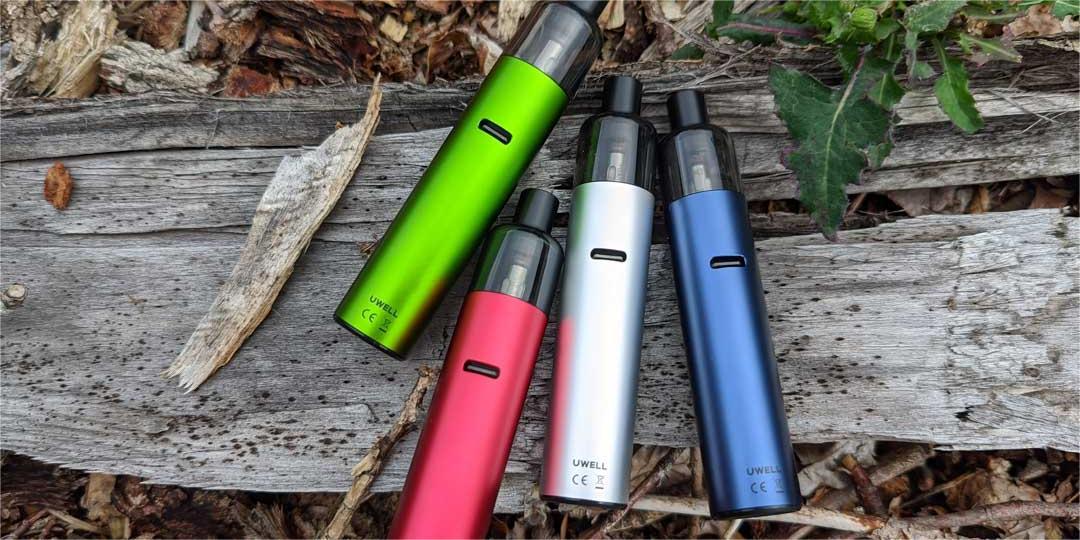
Lifestyle
Vape Mods Vs. Vape Pod Systems: What’s The Difference?
Vaping devices have evolved over the years. Initially, [ ]
